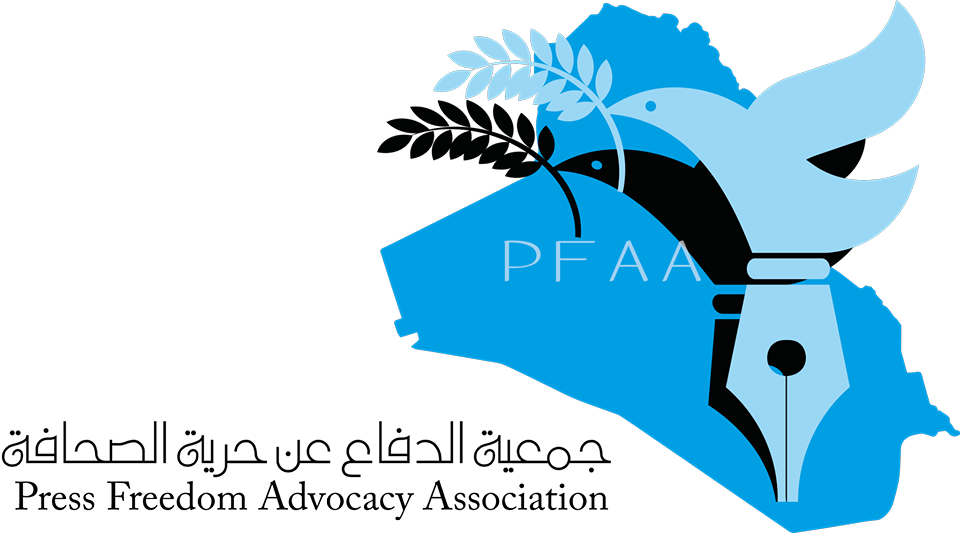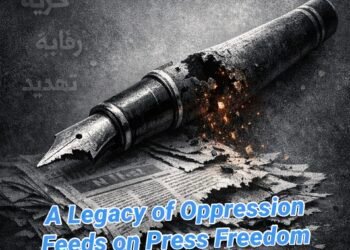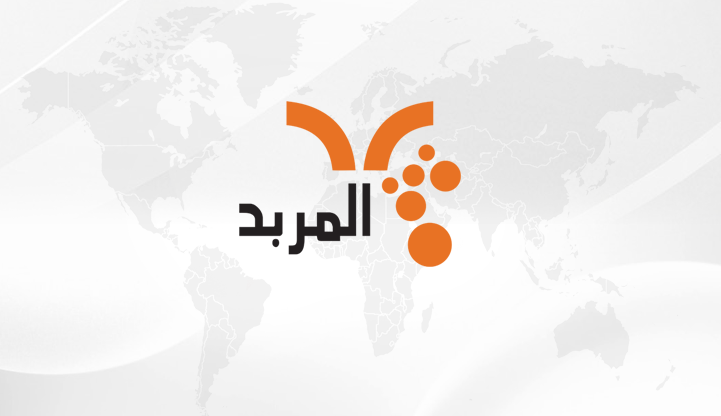The Media and Communications Commission CMC, was established with the aim of organizing the media space in Iraq, by a decision issued by the Civil Authority in Iraq in 2004, Paul Bremer, to be temporary until a law is enacted clarifying the framework and structure of the commission, in accordance with the constitution that ensures the freedom of media and journalistic work in all its forms.
Given the significant and important role played by the Iraqi Media and Communications Commission, which directly affects the media functionality in Iraq as well as on the freedom of the press and the freedom of expression of opinion, as journalists, we need to ensure that this body is effectively independent and free from political tensions that affect the nature of its performance. Closing channels, suspending licenses, and other unfair decisions that carried a clear political agenda are witnessed.
It should be noted that the lack of impartiality in the work of the Media and Communications Commission emerged with the closure of successive governments satellite channels and media outlets that were considered to be opposing to the personalities in power.
The role of the unprofessional body was clear during the demonstrations that began in October 2019, in which it played a negative role in suppressing freedom of opinion and expression, and was a soft tool in the hands of the government of former Prime Minister Adel Abdel Mahdi, in clear breach of the purpose for which it was established, which constituted a clear and explicit deviation from law No. 65, under which the Commission operates, after it issued orders to close (19) local and Arab media bodies, most of which were covering the demonstrations.
This report aims to draw the attention of media organizations, journalists and activists to the importance of monitoring the work of CMC and seeking to create the pressure needed to correct its course of action, and to be an independent and impartial institution in its dealings with the various media, which is the beginning of an effort that will continue in the near future aimed at correcting this nonconformity in one of the most important institutions affecting the course of press freedom, advertising, media and publishing in Iraq.
Summary of violations
Through the Monitoring Group, Press Freedom Advocacy Association recorded 128 closures, suspension of license, fines, termination of assignments and freezing of employees ordered by CMC over the past 10 years.
If we start from the most important event that drew our attention to the urgency of this report, were the orders issued by CMC during the period of the October 2019 demonstrations, where it ordered the closure of (19) local and Arab media outlets, most of which participated in the coverage of the demonstrations, in a clear deviation from the democratic process and a flagrant violation of the Iraqi Constitution that guaranteed freedom of expression.
The years (2017-2018-2020) summed up to (31) cases of violations, including the closure of (24) local and Arab channels. While in 2016, (7) violations of channel closure orders, suspension of broadcasts, whereas 2015 witnessed the closure of one channel. No violations were recorded in 2014 because of the country’s confrontation with ISIS; In 2012, the Commission closed 45 channels, and in 2011 large financial dues were imposed on the media bodies as spectrum fees. CMC closed all offices of Al-Baghdadia TV in 2010.
To read the report, click on the link below:







